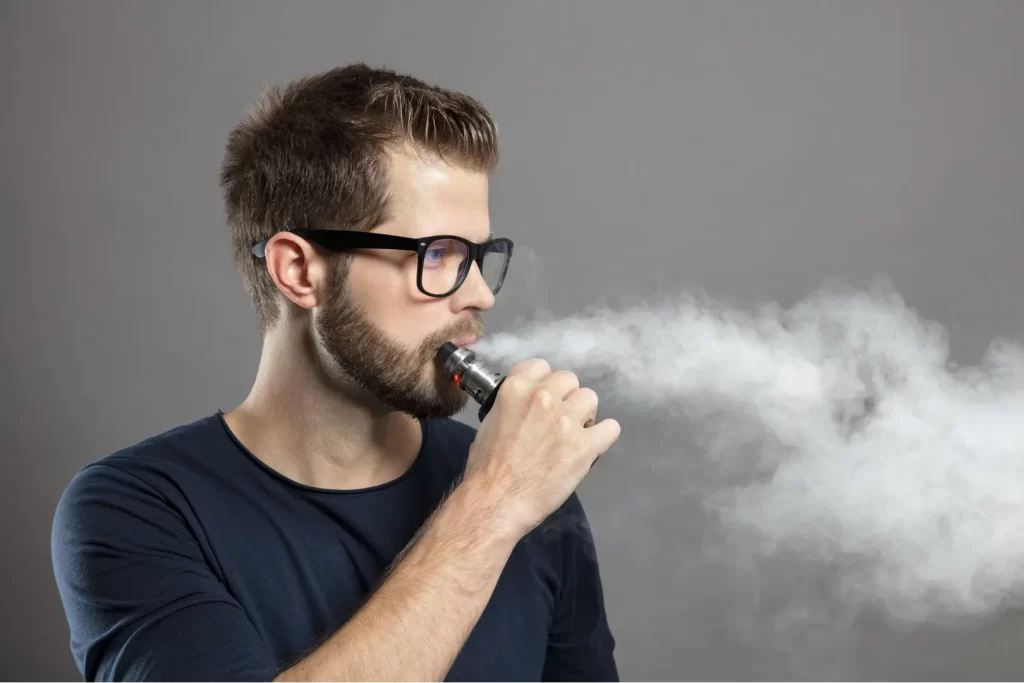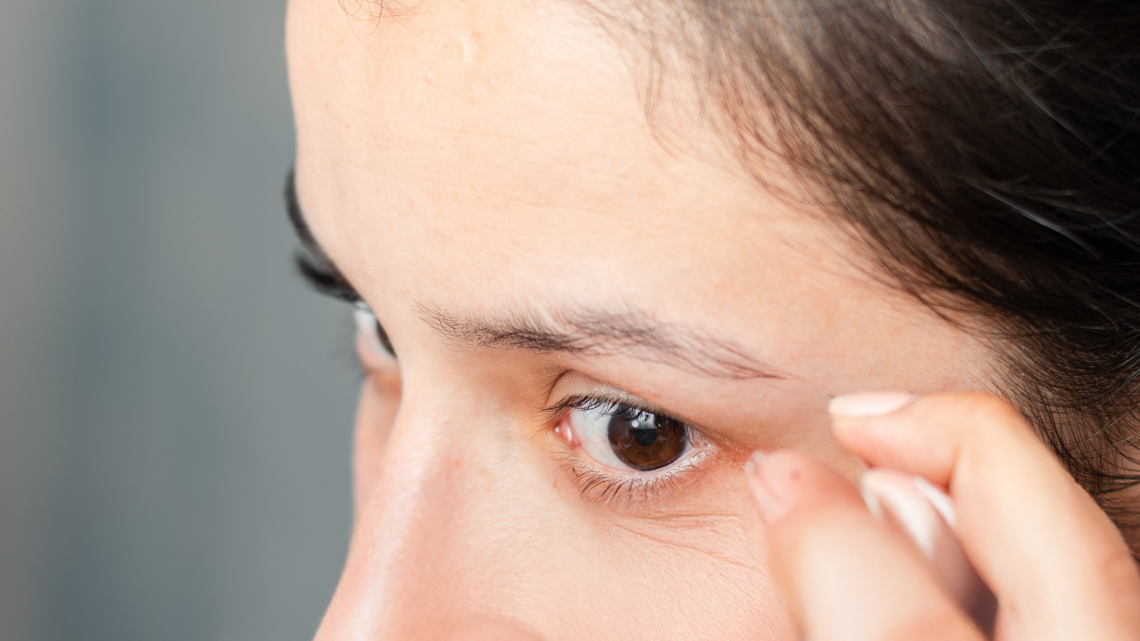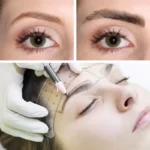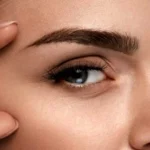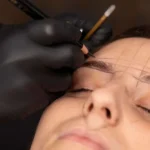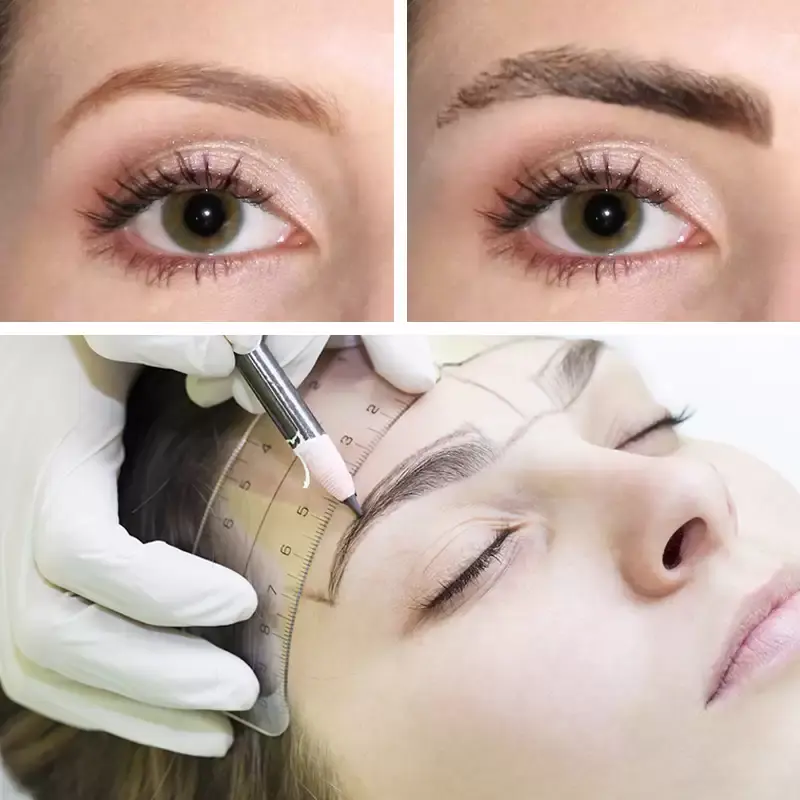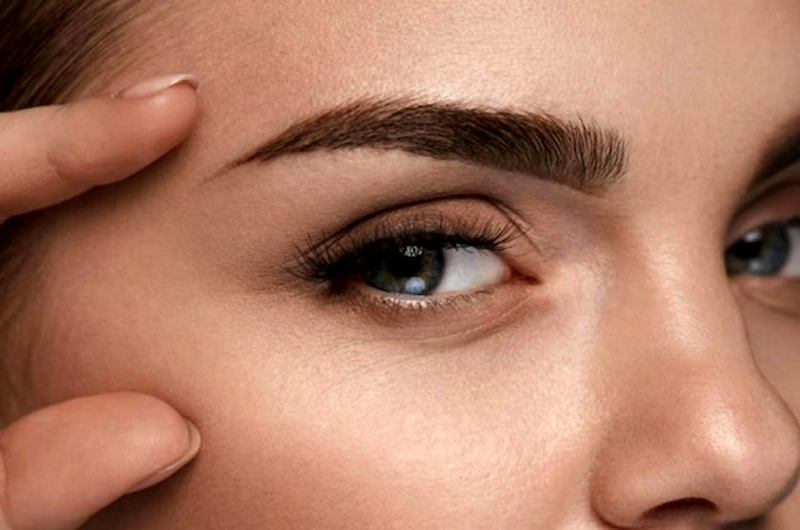Table of Contents
ToggleVaping has become a popular alternative to smoking tobacco, but questions remain about its effects on hair health. While not a direct cause, vaping may contribute to conditions that lead to hair loss. Let’s explore how vaping impacts your hair and what you can do to protect it.
How Vaping Impacts Hair Health
Vaping usually introduces nicotine and chemicals into your body, which can negatively affect hair growth. Nicotine restricts blood vessels, reducing blood flow to the scalp and depriving hair follicles of essential nutrients. Over time, this may weaken hair strands and slow regrowth.
Does Vaping Affect Hair Growth?
Yes, vaping can disrupt hair growth. Hair follicles depend on oxygen and nutrients for healthy hair production. Nicotine’s ability to reduce blood flow to the scalp interrupts this process, leading to thinner and weaker hair over time.
Can Vaping Cause Balding or Hair Thinning?
Vaping isn’t the sole cause of balding but can worsen thinning hair, especially in those prone to male pattern baldness or androgenetic alopecia. Dehydration and poor nutrition from vaping can weaken hair, while increased levels of DHT (dihydrotestosterone) can contribute to pattern hair loss in men and women.
Understanding Nicotine’s Role in Hair Loss
Nicotine’s effects on blood vessels play a key role in vaping-related hair loss. Lower blood flow limits the oxygen and nutrients hair follicles need to grow. Nicotine can also impact hormone levels, potentially increasing DHT production, a known cause of thinning hair and balding.
Exploring the Evidence Behind Vaping and Hair Loss
Scientific evidence linking vaping and hair loss is still emerging. While no studies definitively connect vaping to hair loss, research highlights how vaping affects overall health, which indirectly impacts hair growth.
What Studies Say About Vaping and Hair Thinning
Studies show that nicotine can lead to hair loss by increasing oxidative stress, which damages hair follicles. While more research is needed, the existing evidence suggests that vaping and hair loss are related, especially for individuals with pre-existing conditions.
Vaping and Alopecia Areata: Is There a Link?
Alopecia areata, an autoimmune condition that causes patchy hair loss, is not directly caused by vaping. However, the inflammation and stress triggered by nicotine addiction may worsen conditions like alopecia areata, especially in predisposed individuals.
Is Nicotine Hair Loss Reversible?
The good news is that hair lost due to nicotine’s effects on blood flow can grow back. When you stop vaping, circulation improves, allowing hair follicles to regain nutrients. Hair regrowth depends on how long you’ve vaped and overall health. Healthy habits like proper hydration and balanced nutrition can speed up recovery.
Can nicotine-free vaping lead to hair loss?
Nicotine is the primary component in e-cigarettes linked to hair loss, so nicotine-free vaping products are expected to pose a significantly lower risk of hair thinning compared to traditional cigarettes or e-cigarettes containing nicotine. However, a study by Public Health England revealed that 87% of UK vapers use e-liquids with nicotine.
That said, nicotine-free e-liquids aren’t entirely risk-free for your hair. Many of these products contain flavoring chemicals, which have been shown to trigger inflammation and oxidative stress in the body. These effects may also impact the health of hair follicles. As a result, more research is needed to confirm whether any type of vaping product can be considered safe in terms of hair loss.
Factors That Contribute to Hair Loss in Vapers
Several factors linked to vaping may lead to hair loss or worsen existing conditions. Addressing these can help protect your hair.
The Role of Dehydration and Nutritional Deficiencies
Vaping causes dehydration, leading to a dry scalp and brittle hair. Additionally, vaping may deplete nutrients like biotin, zinc, and vitamin E, essential for healthy hair. A lack of these nutrients weakens hair strands and disrupts the hair growth cycle.
How Stress and Lifestyle Choices Affect Hair Growth
Vaping is often used to manage stress, but nicotine can actually increase cortisol levels, exacerbating stress-related hair loss. Poor lifestyle choices, such as a lack of exercise and an unhealthy diet, compound the issue, limiting the body’s ability to repair hair follicles.
Vaping vs. Smoking: Which Is Worse for Hair?
Smoking tobacco is generally worse for hair health due to the higher concentration of toxins in cigarette smoke. However, vaping still poses risks, particularly from nicotine. Both habits can lead to hair loss by restricting blood flow and damaging hair follicles.
Tips to Prevent Hair Loss While Vaping
While stopping vaping entirely is the best option for your hair, these tips can help minimize damage.
Adopting a Healthy Diet for Hair Growth
A nutrient-rich diet supports healthy hair. Include foods high in biotin (eggs), omega-3 fatty acids (salmon), and iron (spinach). Hydration is also crucial for maintaining scalp health and preventing thinning hair.
Reducing Nicotine Intake: Strategies That Work
Gradually reduce nicotine consumption by switching to lower-nicotine vaping products or using alternatives like nicotine patches. This helps restore blood flow and minimizes hair loss side effects over time.
Effective Treatments for Hair Loss: What to Try
Treatments like minoxidil and finasteride can stimulate hair regrowth. Essential oils like rosemary oil may also improve scalp circulation. For persistent issues, consult a specialist to explore advanced hair loss treatments like platelet-rich plasma (PRP) therapy.
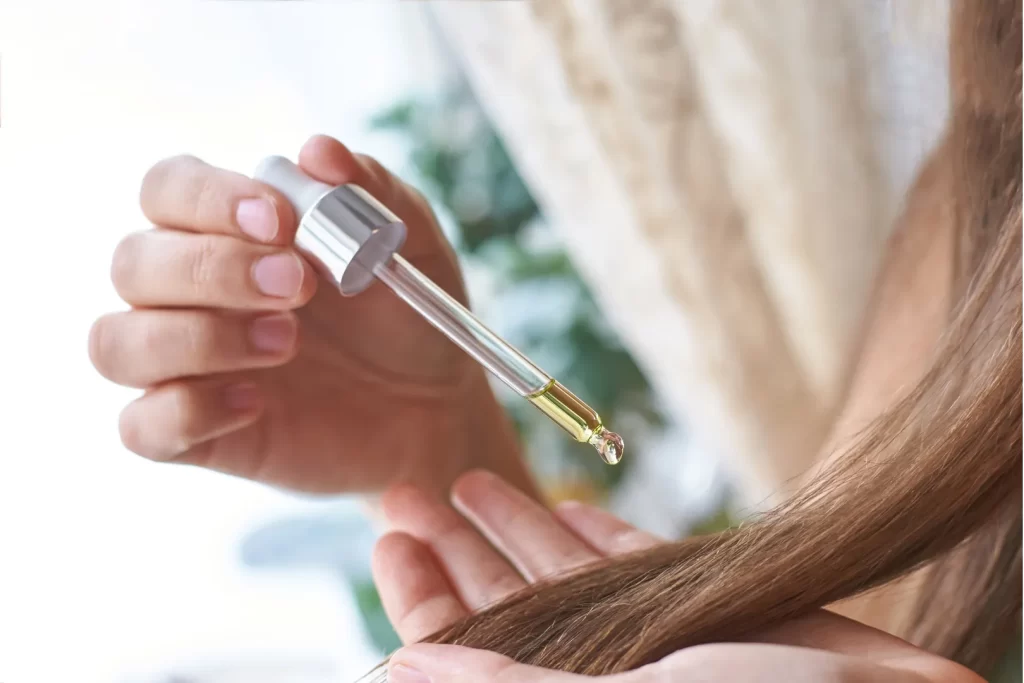
Professional Solutions for Vaping-Related Hair Loss
If hair loss persists, professional treatments may be necessary to restore density and hair health.
When to See a Specialist for Hair Thinning
Consult a Hair Transplant Specialist if you notice excessive shedding, visible patches, or persistent thinning. Early intervention can prevent further hair loss and identify underlying causes.
Advanced Hair Restoration Options
Specialists offer effective solutions, including PRP therapy, low-level laser therapy (LLLT), and hair transplant procedures. These options are tailored to individual needs and can deliver long-lasting results.
Final Thoughts
Vaping can lead to hair loss due to nicotine’s effects on blood vessels, nutrient absorption, and hormone levels. While quitting vaping is the best way to protect your hair, adopting healthy habits and seeking professional care can significantly improve hair regrowth and overall hair health.
For those dealing with hair thinning or similar concerns. Consider speaking with Dr. Kopelman. This father-son team has more than 35 years of experience in hair restoration.
They focus on personalized treatments for every client. Dr. Kopelman’s expertise can help you find the right solution tailored to your unique needs. Schedule a consultation today to explore your options and take the first step towards achieving your hair goals.
Common Questions About Vaping and Hair Loss
Does Vaping Cause Hair Loss in Men?
Men are particularly susceptible to vaping-related hair loss, especially if they have male pattern baldness. Nicotine’s impact on DHT production can exacerbate thinning hair and lead to noticeable balding.
Does Vaping Cause Hair Loss in Females?
Women may also experience hair loss due to vaping. Nicotine disrupts hormone balance and reduces blood flow, weakening hair follicles. Stress-related hair loss in women can also worsen with vaping.
Will My Hair Grow Back If I Quit Vaping?
Yes, quitting vaping can allow hair to grow back. Improved blood flow and reduced nicotine levels help restore healthy hair growth. However, regrowth may take months and depends on individual factors, such as genetics and the duration of vaping.


